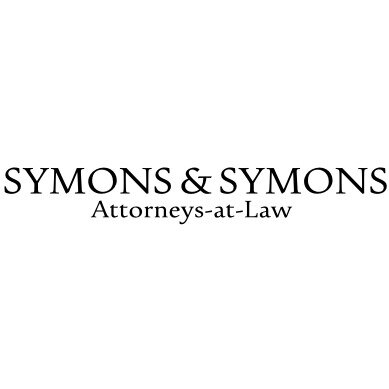Best Landlord & Tenant Lawyers in West Bay
Share your needs with us, get contacted by law firms.
Free. Takes 2 min.
Free Guide to Hiring a Real Estate Lawyer
List of the best lawyers in West Bay, Cayman Islands
About Landlord & Tenant Law in West Bay, Cayman Islands:
Landlord & Tenant law in West Bay, Cayman Islands governs the rights and responsibilities of both landlords and tenants in rental agreements. It covers issues such as rent payments, maintenance of the property, eviction procedures, and disputes between landlords and tenants.
Why You May Need a Lawyer:
You may need a lawyer for Landlord & Tenant matters in West Bay if you are facing issues such as disputes over security deposits, eviction notices, lease violations, or if you need assistance in drafting or reviewing a rental agreement.
Local Laws Overview:
In West Bay, Cayman Islands, the Landlord & Tenant Law sets out the rights and obligations of both landlords and tenants. Key aspects include rental agreements, rent increases, repairs and maintenance, eviction procedures, and dispute resolution mechanisms.
Frequently Asked Questions:
1. Can a landlord increase rent arbitrarily?
No, landlords must follow the terms of the rental agreement and provide proper notice before increasing rent.
2. What are my rights as a tenant regarding repairs and maintenance?
Landlords are responsible for maintaining the property in a habitable condition and making necessary repairs.
3. Can a landlord evict a tenant without a proper reason?
No, landlords must have valid reasons for evicting a tenant, such as non-payment of rent or lease violations.
4. How much notice is required for a tenant to move out?
The notice period for tenants to move out depends on the terms of the rental agreement or local laws.
5. Can a tenant sublet the rental property to someone else?
Tenants must usually obtain permission from the landlord before subletting the property.
6. What can I do if my landlord refuses to return my security deposit?
If the landlord refuses to return the security deposit, you may need to seek legal assistance to resolve the matter.
7. Are there limits to how much a landlord can increase rent?
Local laws may restrict the amount by which a landlord can increase rent and the frequency of such increases.
8. Can a landlord enter the rental property without permission?
Landlords must generally provide notice before entering the rental property, except in case of emergencies.
9. What should I do if my landlord fails to make necessary repairs?
You may need to inform the landlord in writing about the needed repairs and give them a reasonable time to address the issue before taking further action.
10. Can a tenant terminate the lease early?
Terminating a lease early may require the tenant to provide proper notice and possibly pay a penalty, depending on the terms of the rental agreement.
Additional Resources:
For more information on Landlord & Tenant law in West Bay, Cayman Islands, you may contact the Cayman Islands Government or seek assistance from the Housing Department or a local legal aid organization.
Next Steps:
If you are facing legal issues related to Landlord & Tenant in West Bay, Cayman Islands, it is advisable to consult with a qualified lawyer who specializes in this area of law. They can provide you with expert advice and representation to help resolve your concerns effectively.
Lawzana helps you find the best lawyers and law firms in West Bay through a curated and pre-screened list of qualified legal professionals. Our platform offers rankings and detailed profiles of attorneys and law firms, allowing you to compare based on practice areas, including Landlord & Tenant, experience, and client feedback.
Each profile includes a description of the firm's areas of practice, client reviews, team members and partners, year of establishment, spoken languages, office locations, contact information, social media presence, and any published articles or resources. Most firms on our platform speak English and are experienced in both local and international legal matters.
Get a quote from top-rated law firms in West Bay, Cayman Islands — quickly, securely, and without unnecessary hassle.
Disclaimer:
The information provided on this page is for general informational purposes only and does not constitute legal advice. While we strive to ensure the accuracy and relevance of the content, legal information may change over time, and interpretations of the law can vary. You should always consult with a qualified legal professional for advice specific to your situation.
We disclaim all liability for actions taken or not taken based on the content of this page. If you believe any information is incorrect or outdated, please contact us, and we will review and update it where appropriate.










